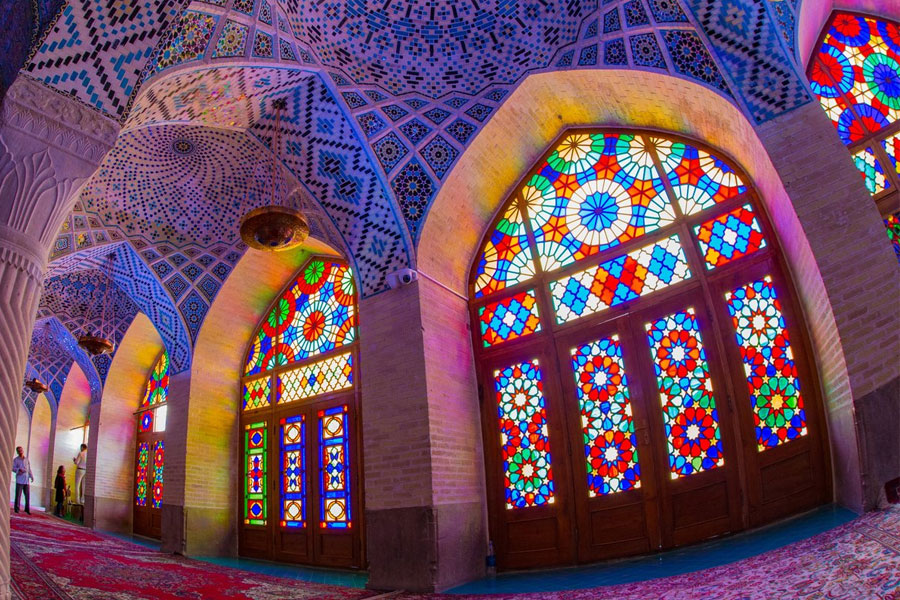
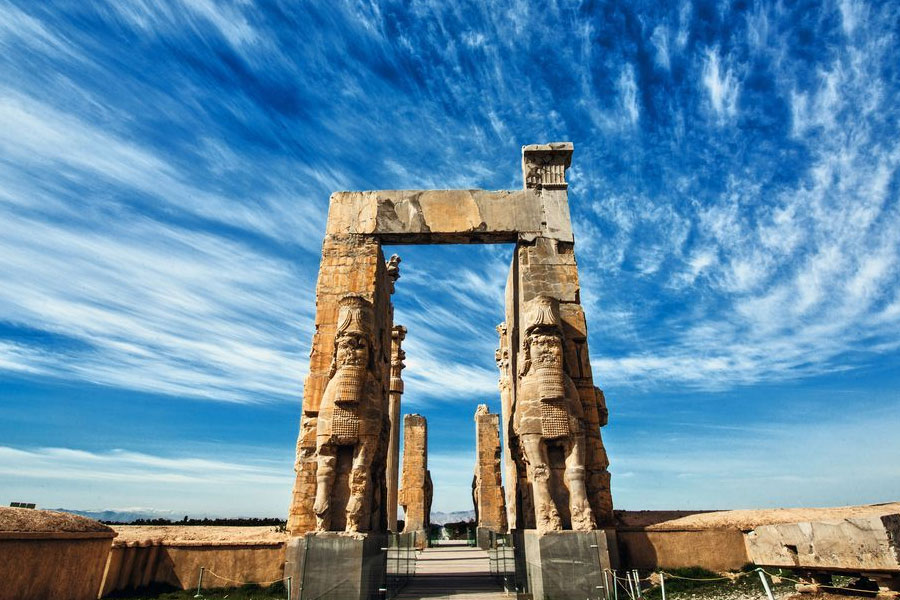
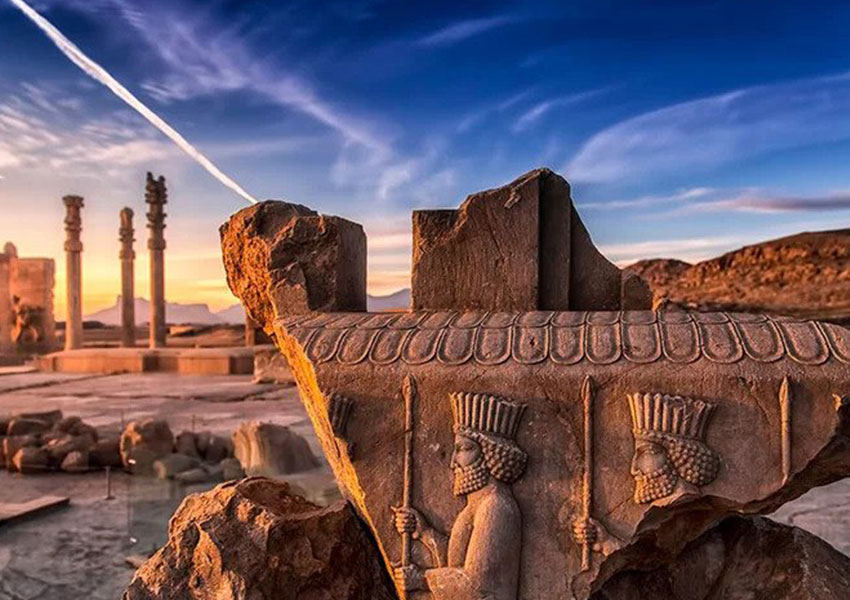
Land of culture and nature? Terrorist country? Hospitable people? Not safe to travel? These are inconsistent sentences that you may hear in the news or your friends may say when you announce them, you’ve planned to travel to Iran. But what is the truth behind all these? Here we want to explain more about Persia history & Iran location, which would be useful to know before you go to this beautiful country and may help you to discover the facts about Iran.
If you want to travel through Iran and Persia history, you would find it as one of the oldest civilizations in the world which related to the fourth millennium BC with the formation of the Elamite kingdoms. The greatest extent of the country went to the time of Cyrus the great, the empire of Achaemenid in sixth century BC. He succeeded stretch Persia from the Indus Valley to Eastern Europe and make his empire as the largest monarchy in history. Being an extensive territory made Persia a multi-cultural country and rich with the valuable historical heritage sites which are leading to listed as the 19th World Heritage Site in UNESCO and ranked fourth in Asia and 12th in the world.
Travel Iran to uncover its captivating mix of history, culture, and natural beauty. Explore the country’s rich heritage through ancient wonders like Persepolis and the stunning architecture of Isfahan.
With an impressive 24 UNESCO World Heritage sites, Iran stands as a testament to its historical significance. The friendly locals create a welcoming atmosphere, making your experience unforgettable. Discover diverse landscapes, from the Caspian Sea coast to the enchanting deserts. Delight in the flavors of Persian cuisine, wander vibrant bazaars, and engage yourself in local traditions. Your journey to Iran promises enriching experiences, cultural insights, and memorable adventures that showcase the true essence of this fantastic destination.
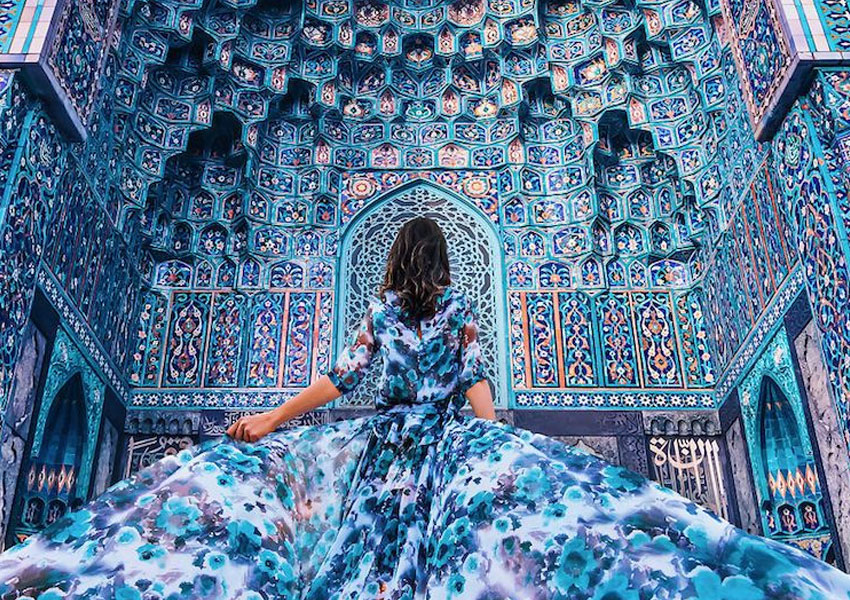
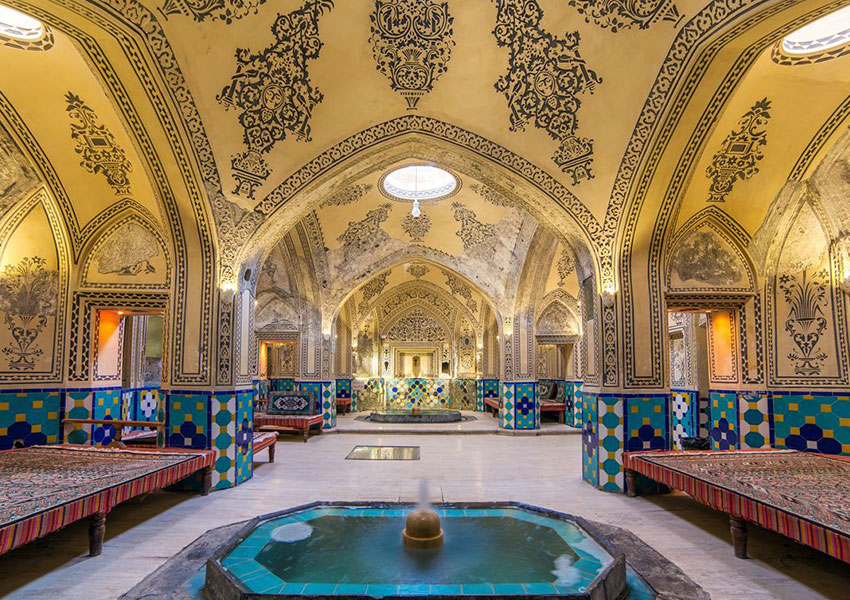
Get ready for a remarkable adventure as we explore the top cities of Iran. These cities are a perfect blend of history, culture, and modern life. Starting from the bustling streets of Tehran, the country’s capital, to the awe-inspiring architecture of Isfahan, each city has its own unique charm. In Shiraz, you’ll be enchanted by its poetic atmosphere, while the ancient ruins of Persepolis will take you back in time. Don’t miss the captivating desert town of Yazd, the oasis of Kashan, and the stunning beauty of Gorgan.
Join us as we dive into the heart of these cities and experience the true feeling of travel Iran.
Explore top Iran destinations:
Tehran: The bustling capital blends modernity with history, offering museums, palaces, and vibrant markets.
Isfahan: Admire stunning architecture at landmarks like the Imam Mosque and Naqsh-e Jahan Square.
Shiraz: Immerse yourself in culture with visits to the Nasir al-Mulk Mosque and the poetic Hafez Tomb.
Persepolis: Step into ancient history at this UNESCO site showcasing Persia’s grand past.
Yazd: Discover unique adobe architecture, Zoroastrian heritage, and historical windcatchers.
Kashan: Explore Persian gardens, historical houses, and the serene Fin Garden.
Isfahan: Wander through the old city, exploring the Vank Cathedral and lively Grand Bazaar.
Gorgan: Nature enthusiasts will love the lush landscapes and Golestan National Park.
Kerman: Experience desert beauty, the Ganjali Khan Complex, and the vast Lut Desert.
Mashhad: A holy city with the revered Imam Reza Shrine, drawing pilgrims worldwide.
Tabriz: Discover the historic Bazaar of Tabriz, a UNESCO site, and explore the Blue Mosque, showcasing intricate architecture and vibrant blue tiles.
Each city offers a unique slice of Iran’s culture, history, and charm, promising an unforgettable journey through this diverse and fascinating nation.
Get ready to dip into the ultimate Iran travel guide, demonstrating the most stunning spots in Iran to explore. From the ancient wonders of Persepolis to Isfahan’s architectural marvels, each destination weaves history, culture, and natural beauty. With an impressive 24 UNESCO heritage sites, including the beautiful layouts of Yazd and the opulent Golestan Palace in Tehran, Iran boasts a treasure trove of cultural gems.
Feel the spiritual atmosphere at Mashhad’s Imam Reza Shrine, roam through Tabriz’s Silk Road heritage, savor Rasht’s relaxed charm, ascend the heights of Mount Damavand the highest volcano in the Middle East, and soak up Chabahar’s coastal beauty. This guide is a key to unlocking Iran’s diverse and extraordinary tourist attractions.
Discover the Best Tourist Attractions in Iran:
Persepolis: Explore the awe-inspiring ruins of this ancient city, a testament to the grandeur of the Achaemenid Empire.
Isfahan’s Architectural Marvels: Admire the intricate beauty of Naqsh-e Jahan Square, the Imam Mosque, and the stunning Sheikh Lotfollah Mosque.
Shiraz’s Cultural Gems: Visit the poetic Nasir al-Mulk Mosque and pay homage at the tomb of revered poet Hafez.
Yazd’s Unique Charm: Wander through the enchanting adobe architecture, Jameh Mosque, and the historic Towers of Silence.
Golestan Palace: Immerse yourself in opulence at Tehran’s royal residence, a UNESCO World Heritage site.
Ancient Silk Road City of Tabriz: Explore the historic Tabriz Bazaar, a UNESCO treasure, and the captivating Blue Mosque.
Kashan’s Fin Garden: Delight in the beauty of this Persian garden, a UNESCO site, and explore historical houses.
Kerman’s Desert Wonders: Experience the oasis charm of Ganjali Khan Complex and the surreal Lut Desert landscape.
Spiritual Mashhad: Witness the revered Imam Reza Shrine, attracting pilgrims worldwide.
Casual Charm of Rasht: Enjoy the laid-back atmosphere and savor the city’s culinary delights.
Mount Damavand: Embark on an adventurous hike up Iran’s highest peak, a paradise for trekkers.
Chabahar’s Coastal Beauty: Discover pristine beaches, diverse marine life, and the unique landscape of this port city.
Set off on a journey to Iran and uncover a rich blend of historical sites, breathtaking architecture, natural wonders, and cultural treasures. This special fusion offers an unforgettable travel experience that immerses you in Iran’s diverse and stunning attractions.

Customize your own holiday! Just tell us what is your need and our experienced travel consultants will suggest you the best trip plan that suits you.
Iran is a top spot for plastic surgery and travel. Here’s why: Iran plastic surgery clinics are known for their high quality and skilled surgeons. People from around the world travel to Iran for procedures like rhinoplasty, liposuction, and breast augmentation. Plus, getting surgery in Iran can be more affordable compared to other countries.
Another reason is Iran’s rich cultural heritage and beautiful landscapes, making it a fantastic destination for travel. Visitors can explore historical sites like Persepolis and enjoy the stunning scenery of places like Isfahan and Shiraz. Combining plastic surgery with a trip to Iran allows travelers to enhance their appearance while experiencing the country’s rich history and warm hospitality.
Moreover, Iran is known for its medical tourism infrastructure, with many hospitals and clinics offering top-notch facilities and services.
Travelers can feel confident knowing they are in good hands during their plastic surgery journey in Iran. With its blend of quality medical care, affordability, and cultural attractions, Iran is indeed a top destination for plastic surgery travelers and those seeking to explore and travel Iran.

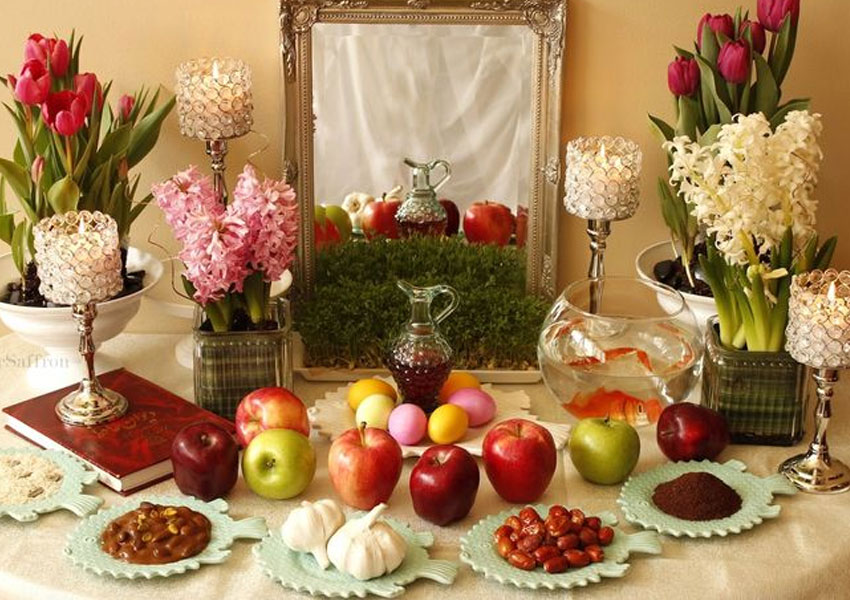
Knowing Iran culture and etiquette is the key to communicating easily with people and making you familiar with Iran social unwritten rules. Each nation has its unwritten rules, which originate from religion, historical events, and also political changes. Here we gather the most highlighted ones for tourists who want to enjoy their trip to Iran. The travelers who are curious about Persian modern culture.
Iran is an Islamic Republic country, so the country is led by the Supreme Leader. He has the highest-ranking political and religious authority in the Islamic Republic of Iran. The judicial system, armed forces, state television, and other key governmental organizations are under the control of the Supreme Leader. After the supreme leader, the president has the highest political rank, who is selected by election every 4 years. Most of the Iranian people’s religion is Islam and they are Shi’ia. But there are other religious minorities, such as Armenian, Jewish, Zoroastrian, and Christian. Before Islam, the majority of people were Zoroastrian. There are some obligations in each religion. Muslims must pray 5 times a day (at dawn, noon, afternoon, sunset, and evening). It’s recommended to pray in mosques. During your travel to Iran, maybe you can visit some famous mosques and enjoy their artistic architecture. Muslims also have to fast one month each year, this month is named Ramadan. During the holy Ramadan, they must fast from dawn to sunset and not eat and drink anything, no smoking and no chewing gum during this time. After sunset, all the family members and sometimes friends gather together and break their fast. Iranian people call this ceremony “Iftar”. During this month most café and restaurants are closed during the day and they serve food after dusk. But hotel restaurants and cafes and some in the street serve foods for tourists. Muslim people are prohibited from drinking Alchohol and eating Pork meat. So drinking Alchohol in Iran is against the rules.
Iranian People when meeting each other usually say “Salaam” Or “ Salam Aleykom”. Since Men & women socialized separately, mostly they shake hands, hug, or kiss the same sex. It’s not usual for a man to kiss or hug a woman in greeting unless she is a member of his family.
In Iran, “Taarof” is a cultural practice involving politeness, respect, and humility through speech and behavior. It often entails offering something, like hospitality or assistance, even if it may not be genuinely intended or expected to be accepted. This creates a courteous interaction where the offer recipient may decline out of politeness, and the offerer may insist on the offer to show their sincerity. Taarof is deeply ingrained in Iranian social norms and is used in various situations to maintain harmonious relationships and display cultural etiquette.
Iranian festivals are vibrant celebrations deeply rooted in culture and tradition. “Nowruz” marks the Persian New Year, symbolizing renewal and the arrival of spring. Families gather, homes are cleaned, and the “Haft-Seen” table is set with symbolic items representing life’s elements. “Yalda Night” falls on the winter solstice, a time to celebrate the victory of light over darkness. People come together, stay up late, share stories, and enjoy fruits like pomegranates and watermelons. “Chaharshanbe Souri” is the fire-jumping festival on the eve of the last Wednesday before Nowruz. People light bonfires, leap over flames, and chant for the removal of negative energy, welcoming the new year with optimism.
Iranian cuisine is a delectable blend of flavors, aromas, and cultural heritage. “Kebabs” are cherished, featuring marinated meats grilled to perfection. “Tahdig” is a crispy rice dish loved by all, often served with stews like “Ghormeh Sabzi” and “Fesenjan,” known for their intricate flavors.
The philosophy behind Iranian culinary is deeply rooted in hospitality, community, and balance. Meals are shared experiences, reflecting the warm Iranian culture. Ingredients are carefully selected, and herbs and spices create layers of taste. The blending of sweet and savory elements symbolizes life’s contrasting aspects. Iranian cuisine celebrates tradition, reflecting the nation’s history, values, and the art of bringing people together through the joy of food.
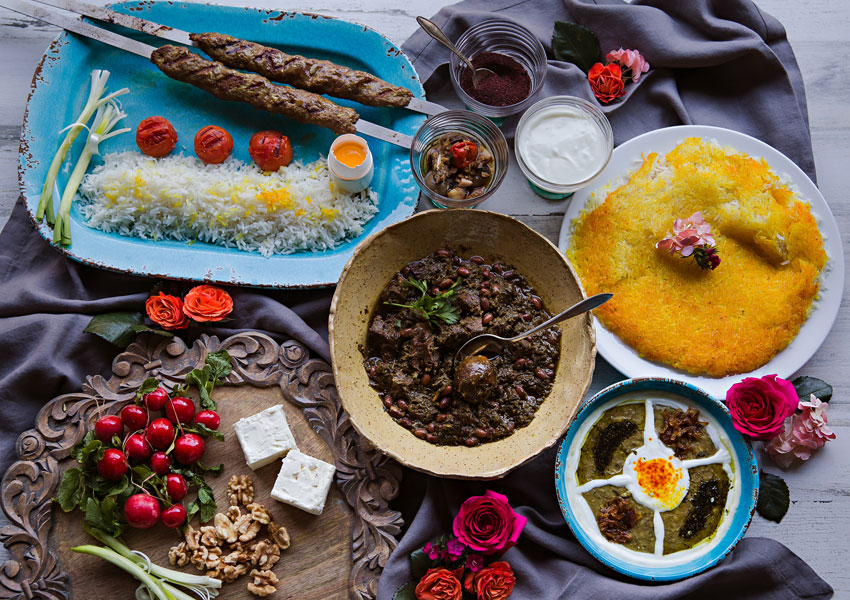
Savor a symphony of flavors that define culinary artistry.
Iranian cuisine tantalizes with aromatic spices, succulent kebabs, and rich stews.
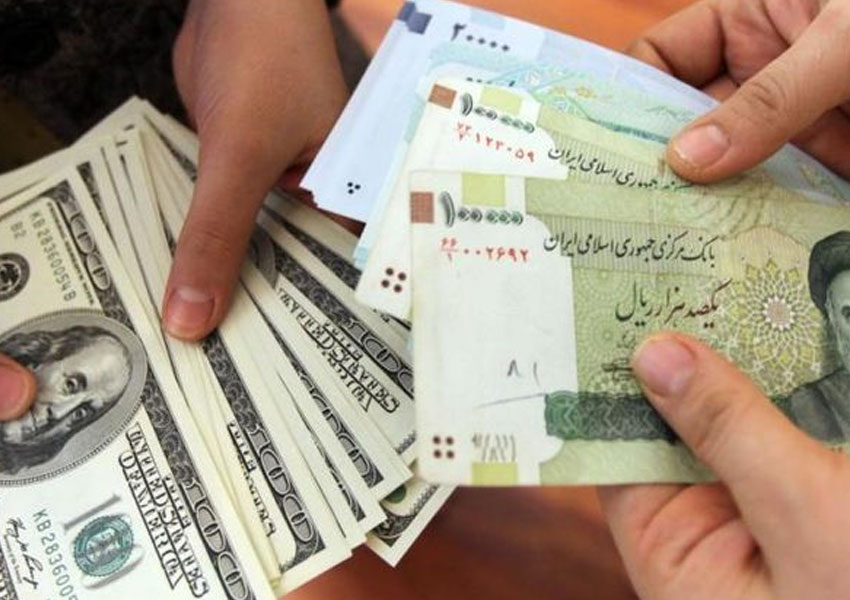
Iran’s currency is the Iranian Rial (IRR) but people use Toman (10 IRR) as their popular currency in their daily conversations. What you will face in Iranian cash is Rial too. But be careful about price tags, which shopkeepers install on their products, Sometimes they put the price with Rial, and sometimes they tag their product price with Toman, So they write a T before their price.
The change rate of the Rial to the American Dollar or Euro is so different. You can check the rate at exchange boards or some online websites.
As Iran is behind very hard sanctions and isolated from the international money transfer system, you can not use your credit or debit cards. No Master card, Visa card or Paypal is accepted. So when you travel to Iran, you need to bring your needed money in cash. All the ATMs and shops, just accept Iranian bank debit cards. It’s recommended to bring your cash in US Dollars or Euros; these currencies are easier to exchange.
You can Exchange your money on your arrival at airport exchange, also there are many exchanges in the cities. But take care they are not open 24h. Some hotels have an exchange service on their reception desk.
You can import foreign currencies up to USD 10,000 or its equivalent. Take care; an amount exceeding this limit (10,000 USD) must be declared on arrival. If you want to bring local currency (Iranian Rials) you can bring up to IRR 500,000. Again, the exceeding amount must be deposited at Melli Bank or Sepah Bank (Iranian Banks) at the airport.
In the case of exporting money, the amount limitation is the same unless you can represent the receipt of your deposit obtained on your arrival.
When traveling to Iran, it’s important to adhere to the country’s dress code, which follows Islamic guidelines. For women, this typically involves wearing a headscarf that covers the hair and a loose-fitting, knee-length coat or tunic known as a “manteau.” This should be worn over pants or a long skirt. Men are also expected to dress modestly, avoiding shorts and sleeveless shirts in public.
Choosing neutral and modest colors is advisable, and it’s a good idea to have a lightweight scarf on hand to cover your head when needed. Remember that the dress code is primarily applicable in public spaces, so you can dress more casually in private areas such as hotel rooms. By respecting the local dress code, you’ll not only show cultural sensitivity but also have a smoother and more respectful travel experience in Iran.
Step into the captivating world of Iranian fashion, where tradition and modernity intertwine. From the graceful chadors that honor history to the chic coats and jeans that embody today’s trends, Iran’s clothing choices embody both cultural legacy and the allure of contemporary style.
Traditional Dress: In Iran, traditional attire has deep historical roots and often varies across regions. For women, the traditional dress typically includes a long, flowing tunic called a “chador” or “mantu,” paired with wide trousers. This ensemble reflects modesty and cultural values. In some areas, women wear intricate headscarves and ornate jewelry that showcase local craftsmanship.
Men’s traditional clothing often consists of a long tunic called a “qameh” or “kameez,” paired with loose pants. This is complemented by a variety of outerwear, such as “aba” or “shirvan,” which provide warmth and cultural identity. In rural communities, men might wear turbans as a symbol of tradition and lineage.
Modern Dress: While traditional clothing still holds significance, modern attire in Iran has evolved to embrace contemporary fashion trends. In urban areas, women often wear colorful headscarves paired with stylish, tailored coats and jeans. These outfits maintain modesty while reflecting personal style. Men opt for modern shirts, pants, and suits, similar to what you’d find in many Western countries.
It’s important to note that Iran’s strict dress code for women in public spaces coexists with this modern style. Women wear loose-fitting coats or tunics to adhere to these guidelines, often accessorizing with fashionable scarves.
The blend of traditional and modern dress in Iran beautifully showcases the country’s cultural richness and its embrace of global influences. It reflects the people’s pride in their heritage while adapting to contemporary lifestyles.
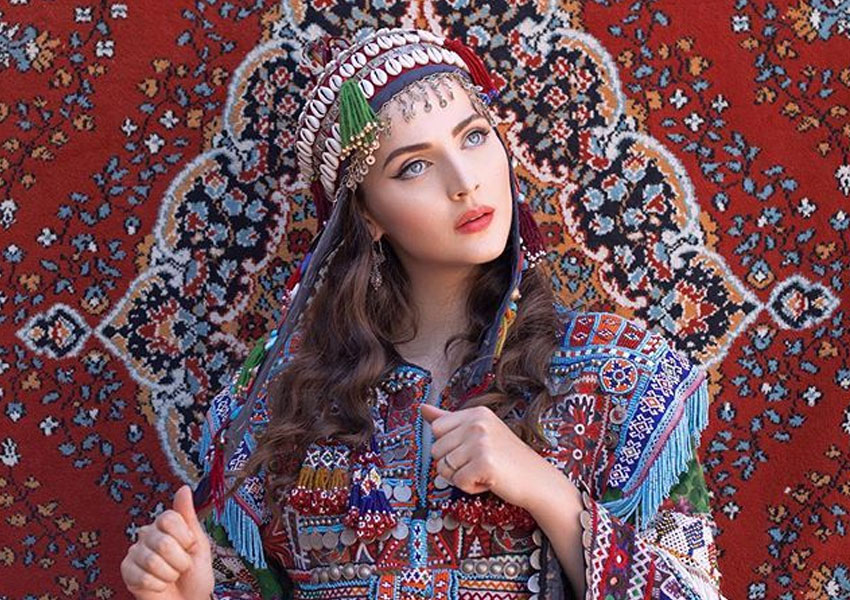
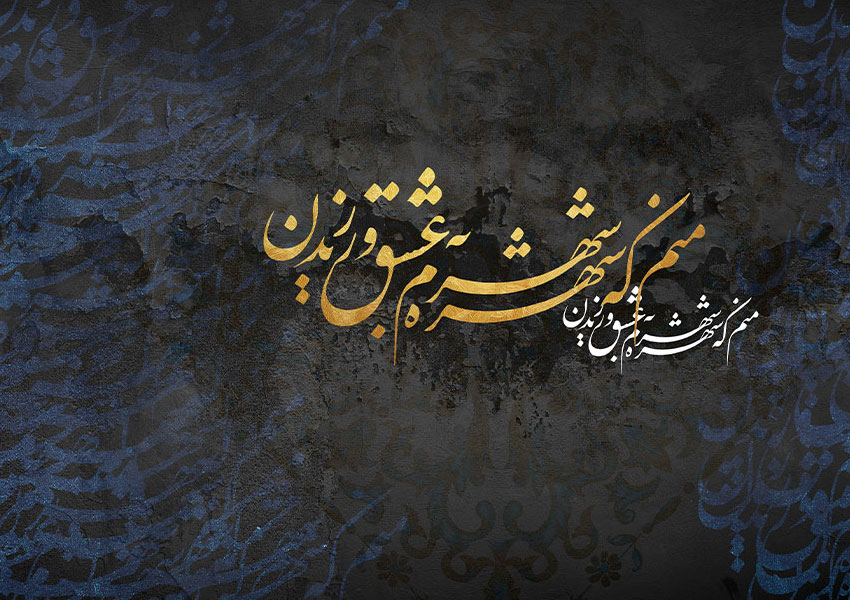
Lorem ipsum dolor sit amet, consectetur adipiscing elit. Ut elit tellus, luctus nec ullamcorper mattis, pulvinar dapibus leo.
Recently, there have been efforts to standardize and modernize the Persian script to make it more user-friendly in the digital age. Despite the challenges posed by the complexity of the Arabic script, Iranians take pride in their language, which connects deeply to their heritage and identity. Persian’s eloquence and its unique script reflect Iran’s rich literary, historical, and cultural legacy.
ا (Alif)
ب (Be)
پ (Pe)
ت (Te)
ث (Se)
ج (Je)
چ (Che)
ح (He)
خ (Khe)
د (Dal)
ذ (Zal)
ر (Re)
ز (Ze)
ژ (Zhe)
س (Se)
ش (She)
ص (Sad)
ض (Zad)
ط (Ta)
ظ (Za)
ع (Ain)
غ (Ghain)
ف (Fe)
ق (Qaf)
ک (Kaf)
گ (Gaf)
ل (Lam)
م (Me)
ن (Noon)
و (Vav)
ه (He)
ی (Ye)
These letters make up the Persian alphabet, which is used to write the Persian language, also known as Farsi.
Hello: سلام (Salaam)
Thank you: ممنون (Mamnoon)
Yes: بله (Bale)
No: نه (Na)
Please: لطفاً (Lotfan)
Excuse me: ببخشید (Bebakhshid)
Sorry: متاسفم (Motasefam)
Goodbye: خداحافظ (Khodaa haafez)
How much is this?: این چقدره؟ (In chand dare?)
Where is…?: … کجاست؟ (Kojaast?)
I don’t understand: نمیفهمم (Nemifahmam)
Help!: کمک! (Komak!)
My name is…: اسم من… است (Esm-e man… ast)
Where is the bathroom?: دستشویی کجاست؟ (Dastshooyi kojaast?)
I need a doctor: من به دکتر نیاز دارم (Man be doktor niaz daarom)
I’m lost: گم شدم (Gom shodam)
Can you speak English?: آیا میتوانید انگلیسی صحبت کنید؟ (Aya mitavanid Englisi sohbat konid?)
Where can I find a taxi?: تاکسی کجا پیدا میشود؟ (Taxi koja peyda mishavad?)
What is this?: این چیست؟ (In chist?)
Delicious!: خوشمزه است! (Khoshmaze ast!)
These phrases will help you navigate and communicate while traveling in Iran, enhancing your experience and interactions with the locals.
They are many public card phones, settled around the cities. You can make a phone call with an Iranian phone card. These cards come in with different charges, IR5000, IR10,000 and IR20,000. You can purchase them from supermarkets, or newspapers kiosk in the streets. Each local phone calls will charge you less than IR50.
However, if you need to make an international phone call, you must go to telephone centers. But it’s much easy to use cell phones (Mobile phones) because these telephone centers not as many as public card phones, also they are not open 24h.
Ambulance: 115
Directory inquiries : 118
Fire Brigade: 125
Police : 110 (112 from mobile (cell) phones will also get you through to the local police)
Fire & Rescue : 125
Tehran International Airport )IKA( : 02151001
Tabriz International Airport (TBZ) : 04135234701-4
Isfahan International Airport (IFN) : 0313527505
Mashhad International Airport (MHD) : 05133400001
Shiraz International Airport (SYZ) : 07137115000
Kerman International Airport (KER) : 03432110113-6
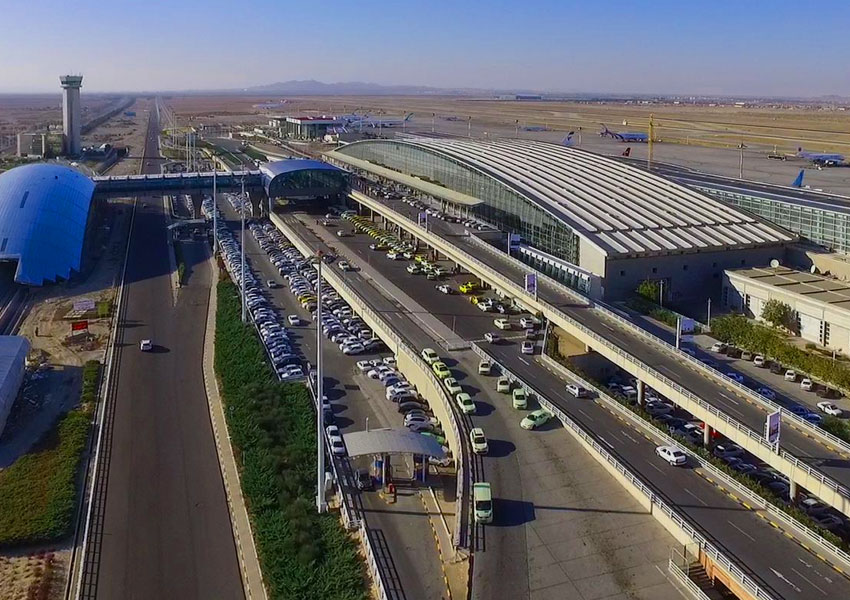
Lorem ipsum dolor sit amet, consectetur adipiscing elit. Duis velit enim vulputate tempor. Cras sit ultricies malesuada sagittis venenatis arcu enim. Nec tempus turpis lacus, vitae nunc.
Lorem ipsum dolor sit amet, consectetur adipiscing elit. Duis velit enim vulputate tempor. Cras sit ultricies malesuada sagittis venenatis arcu enim. Nec tempus turpis lacus, vitae nunc.
Travel Iran and discover a country rich with historical treasures, breathtaking landscapes, bustling cities, and unique culture. Walk through the ruins of ancient Persepolis, sail on the waters of the Caspian Sea, and see landmarks like the stunning Nasir al-Mulk Mosque. The variety of attractions makes it an essential destination for visitors from all over the world.
Subscribe to see secret deals prices drop the moment you sign up!